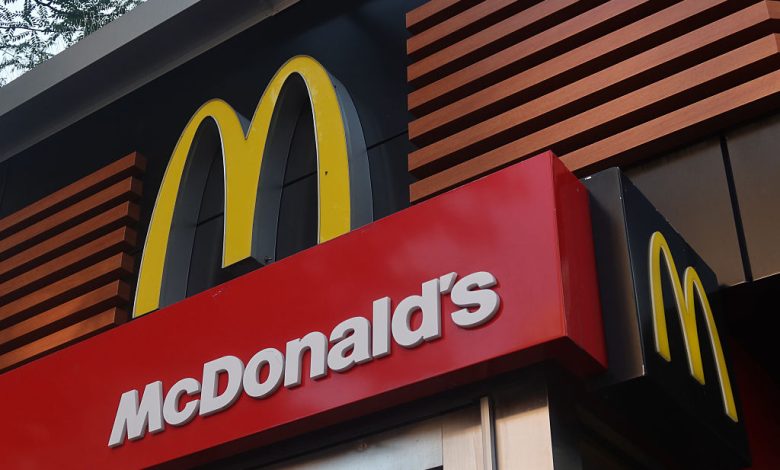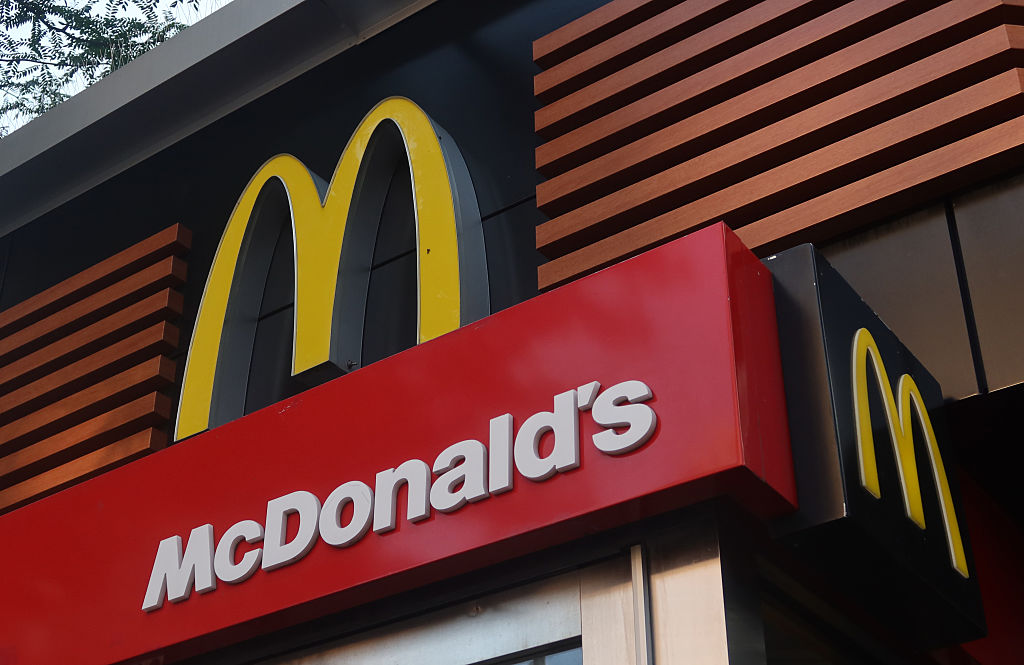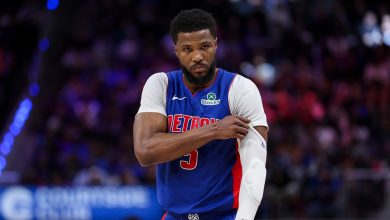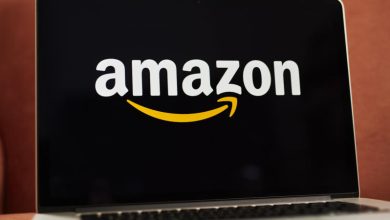McDonald’s Faces Boycott Over DEI Rollbacks As Consumer-Led Activism Gains Steam


McDonald’s is the latest major brand in the crosshairs of a growing consumer-led movement protesting companies accused of scaling back diversity, equity, and inclusion (DEI) efforts.
A nationwide boycott of the fast-food giant, launched Tuesday by grassroots group The People’s Union USA, adds to a string of “economic blackouts” the organization has orchestrated since February, USA Today reported.
Why Are People Boycotting McDonald’s?
The boycott stems from a perception of corporate DEI as performative. The People’s Union USA Founder, John Schwarz, said the protest is about holding corporations accountable as they quietly reduce their DEI commitments under pressure from political and economic factors.
Earlier this year, McDonald’s drew public backlash for removing benchmarks related to executive-level and supplier diversity, AFROTECH™ previously reported.
While the company insists its programs remain intact, the messaging has shifted. U.S. Chief People Officer Jordann Nunn told USA Today that McDonald’s had only updated its DEI language, not its actual initiatives.
Economic Woes, Consumer Frustration
The boycott arrives at a tough time for McDonald’s. The chain is already facing its steepest drop in U.S. sales since 2020, despite new deals and menu updates. Broader economic uncertainty, price hikes, and consumer fatigue are weighing on the brand.
For Schwarz and his supporters, the issue runs deeper than just marketing. “We’re boycotting McDonald’s because they’ve shown time and time again that profit matters more than people,” he told USA Today. “And yes, their DEI efforts feel more like promotional stunts than real systemic change. We’re done funding companies that pretend to stand for something while doing nothing.”
The Boycott Is Bigger Than One Brand
The McDonald’s boycott is just one part of a larger push this summer. The People’s Union is planning a nationwide economic blackout on July 4, followed by rolling boycotts of other major companies, including Starbucks, Amazon, Home Depot, Walmart and Lowe’s.
It’s too soon to tell how much of a financial impact these campaigns will have on these companies, but some brands are already feeling the pressure.
Target, for example, recently pointed to consumer backlash as one reason for slowing sales. As of April, the company has lost over $12.4 billion in revenue since rolling back DE initiatives, CBS News reported.
The McDonald’s boycott raises critical questions about how long corporations can ignore calls for meaningful change and what happens if they continue to do so.




